- trending-title
- What Is Blockchain Technology and How Does It Work?
- 7011214217
In the rapidly evolving landscape of education, innovations play a pivotal role in reshaping the traditional classroom model. As we step further into the 21st century, the integration of technology, novel teaching methodologies, and a focus on individualized learning experiences are transforming the educational experience for students and educators alike.
Education stands at the forefront of transformation, propelled by a wave of innovations that are reshaping traditional paradigms and ushering in a new era of learning. As we navigate the complexities of the 21st century, the educational landscape is evolving to meet the diverse needs of students, harnessing the power of technology, personalized learning, and emerging methodologies. This exploration into the innovations in education unravels the dynamic tapestry of change that is not only redefining classrooms but also paving the way for a future where learning is immersive, adaptive, and deeply interconnected.
The advent of interactive learning platforms has revolutionized the way students engage with educational content. Platforms offering simulations, virtual labs, and multimedia resources provide a dynamic and immersive learning experience.
Digital tools facilitate seamless collaboration among students and educators, breaking down geographical barriers. Virtual classrooms, discussion forums, and collaborative projects enable students to work together in real-time, fostering a sense of community.
Adaptive learning systems utilize data-driven insights to tailor educational content to individual student needs. By analyzing performance data, these systems adapt the difficulty and pace of lessons, ensuring that each student receives a customized learning experience.
Integrating gamified elements into the learning process adds an element of fun and engagement. Educational games, quizzes, and interactive challenges not only make learning enjoyable but also enhance retention and understanding.
AR and VR technologies transport students to virtual environments, providing immersive and hands-on experiences. Whether exploring historical events or conducting virtual science experiments, these technologies bring learning to life.
AI is making waves in education by automating administrative tasks, providing personalized learning recommendations, and even grading assignments. AI-powered chatbots assist students in answering queries and providing additional support.
21st-century education emphasizes the development of critical thinking, problem-solving, and creativity. Curriculums are designed to encourage students to think independently, analyze information, and express innovative ideas.
Recognizing the importance of technology skills, coding and digital literacy are becoming fundamental components of modern education. Students are equipped with the skills necessary for the digital age, preparing them for diverse career paths.
While innovations in education offer immense opportunities, addressing technological disparities is a challenge. Ensuring equal access to digital resources and tools is crucial for creating an inclusive educational environment.
As the education landscape evolves, providing continuous training and professional development for educators is essential. Equipping teachers with the skills to effectively integrate technology into their teaching practices ensures successful implementation.
The concept of lifelong learning is gaining prominence, with an emphasis on continuous skill development throughout one's life. Educational institutions and employers collaborate to provide ongoing learning opportunities.
The future of education envisions a blend of traditional and online learning, creating hybrid models that offer flexibility and personalized pathways. This approach accommodates diverse learning styles and preferences.
Innovations in education are transforming the 21st-century classroom into a dynamic and adaptive space, catering to the needs of a new generation of learners. As we navigate the educational frontier, it is essential to embrace these innovations, address challenges, and ensure that every student has the opportunity to thrive in an evolving and interconnected world. The 21st-century classroom is not just a physical space; it's a vibrant ecosystem where innovation and education converge to shape the future of learning.
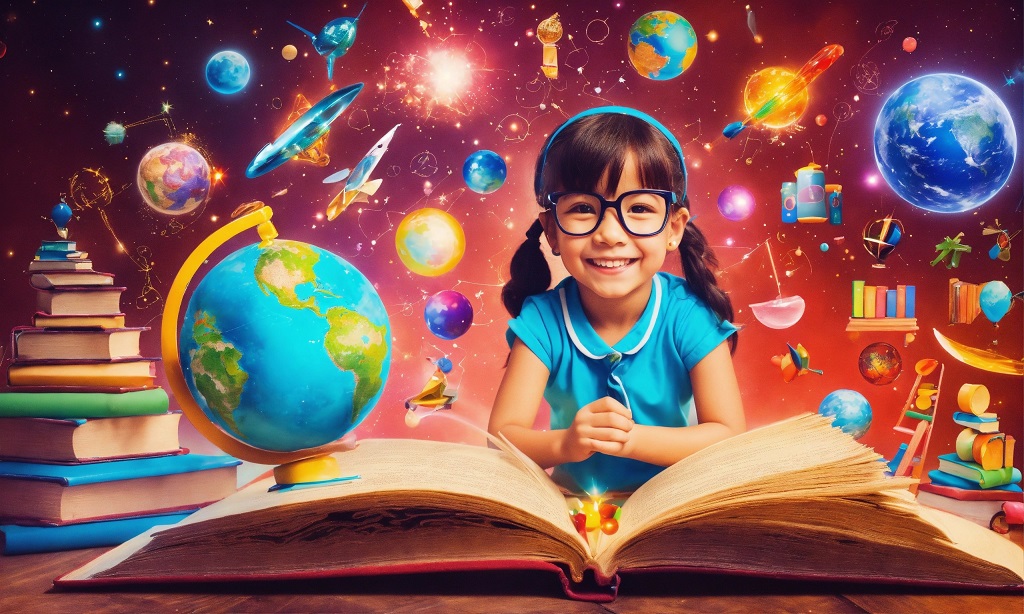
In the rapidly evolving landscape of education, innovations...
View Details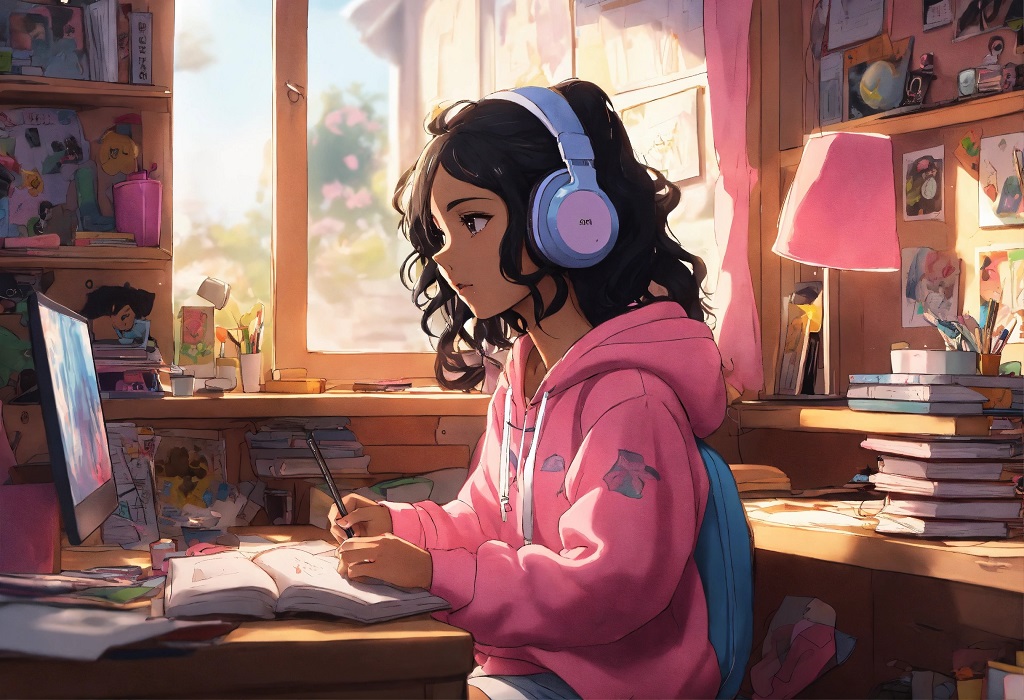
The advent of digital technology has ushered in a transformative...
View Details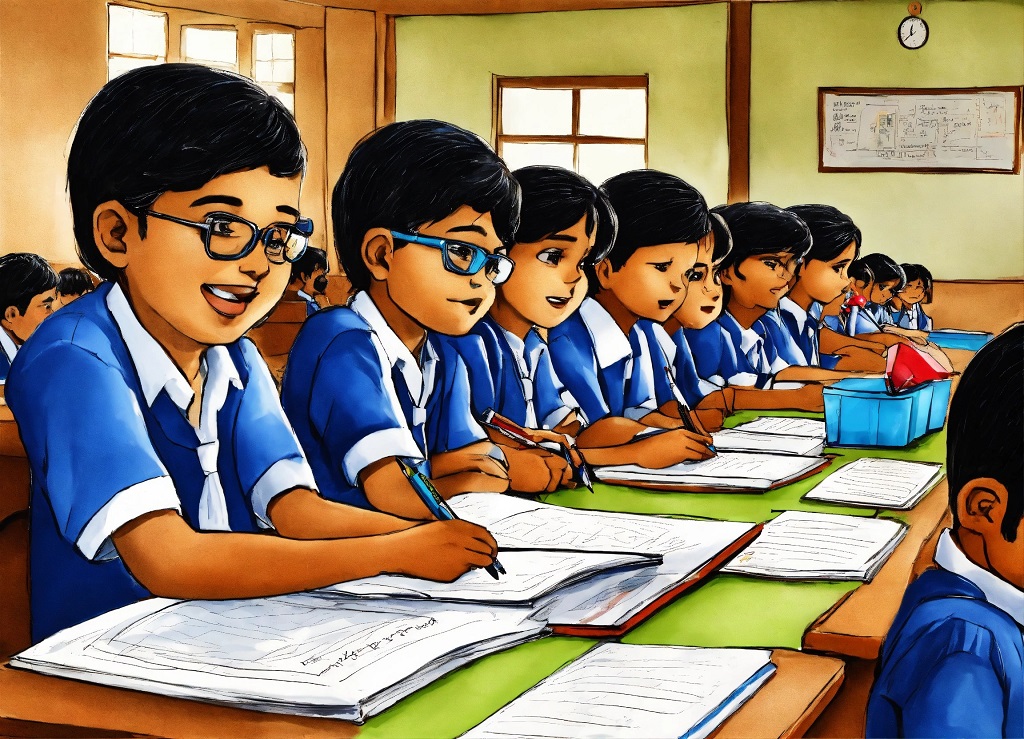
Education has long been recognized as the cornerstone of societal...
View Details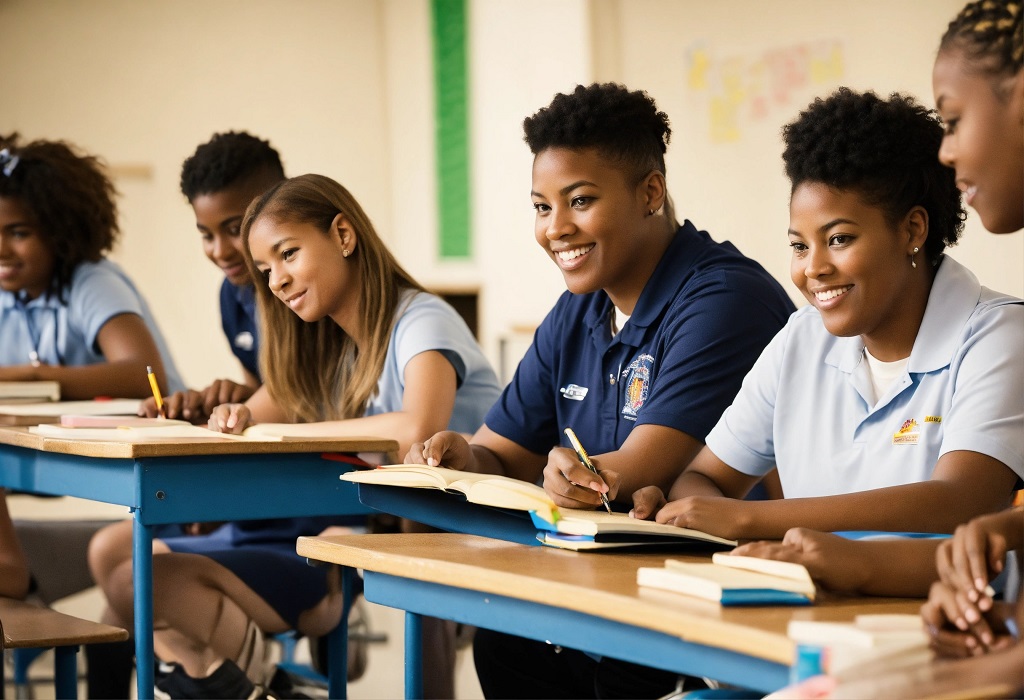
The transition from high school to higher education is a pivotal...
View Details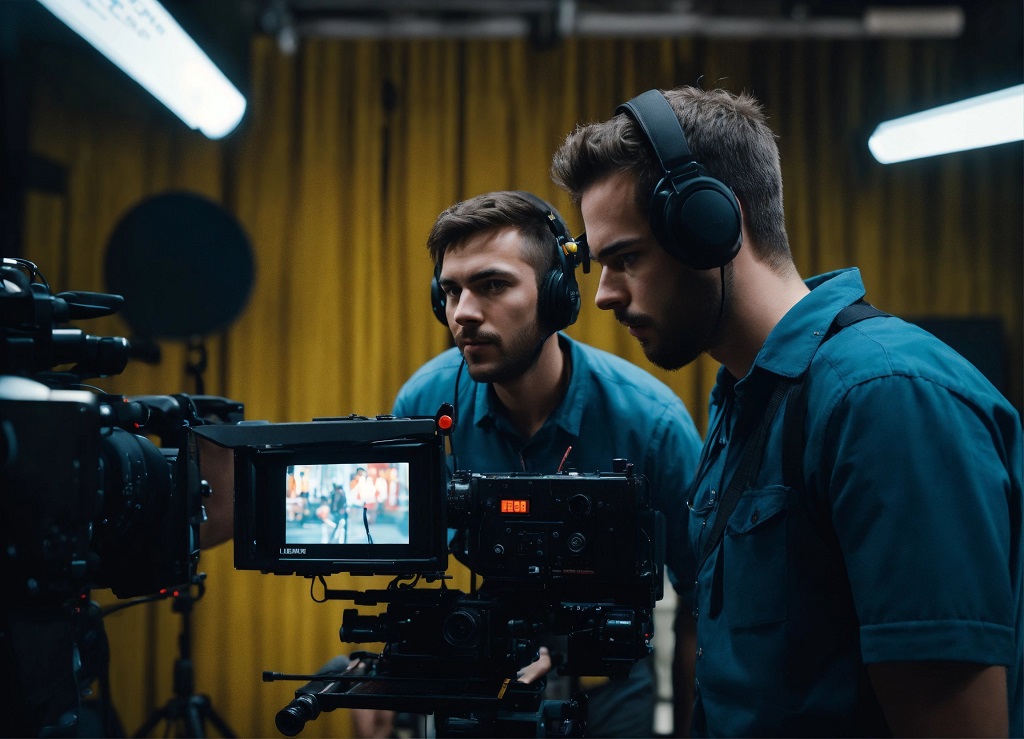
In an era dominated by information and communication, the...
View Details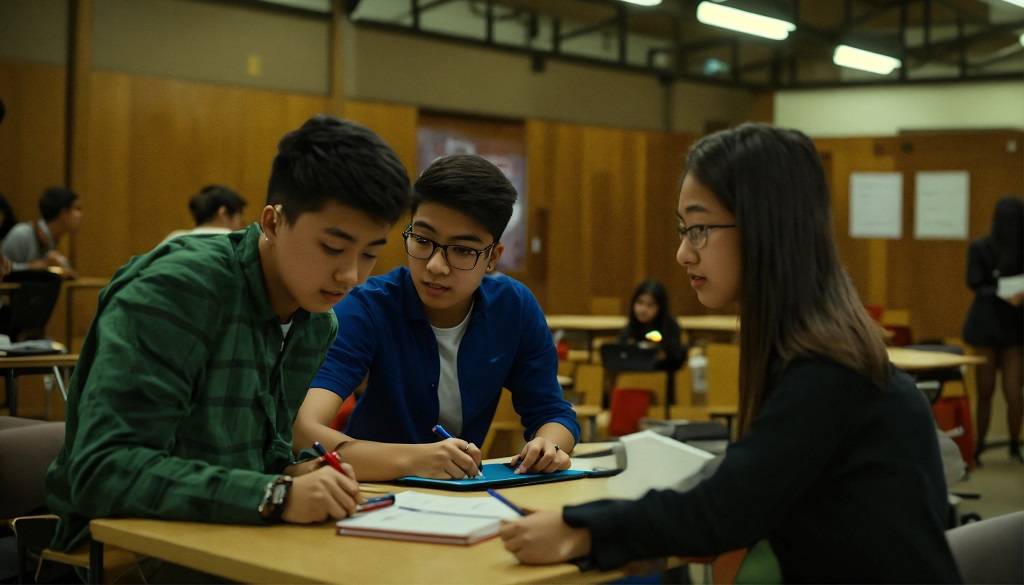
In the dynamic landscape of higher education, a Bachelor of...
View Details